Zimbabwe
A new blow to the purchasing power of Zimbabweans. The latest figures from the Zimbabwe National Statistics Agency showed Saturday that the country’s annual inflation rate reached 191% in June.
The southern African nation already suffers from sanctions that have exacerbated the pre-existing economic crisis. A context that makes it increasingly difficult for the population to afford a living.
Since the start of the Russia-Ukraine conflict, Zimbabwe's inflation rate shot up from 66% to more than 130% in May. In two months, it increased again to verge on two hundred percent. The same month, Finance minister Mthuli Ncube said the GVT would not hesitate to intervene to cushion against price increases and exchange rate volatility. Zimbabweans are still waiting for governmental measures.
In the meantime, the spectre of hyperinflation is looming over the country.
In 2008-2009 hyperinflation reached 500 billion%, according to the International Monetary Fund, and ravaged the country. At the time, 100 trillion Zimbabwean dollar banknotes were not enough to buy basic groceries.




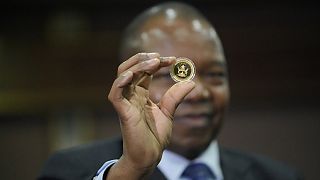
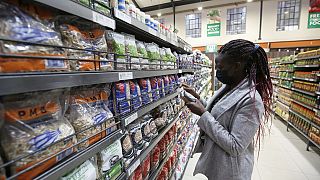
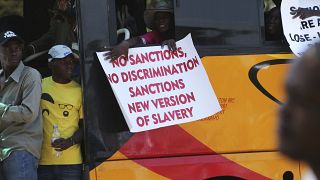
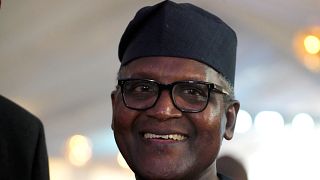
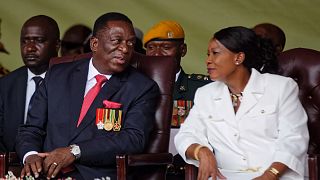

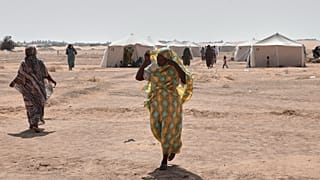
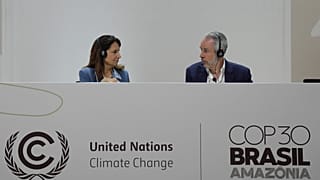
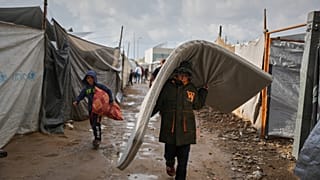
01:14
Ghana's growth prospects strengthen amidst increasing investor confidence
11:18
Post-election protests trigger economic losses in Cameroon {Business Africa}
00:58
Western countries urge citizens to leave Mali as fuel crisis deepens
00:59
World Bank upgrades Sub-Saharan Africa growth forecast over inflation drop
01:02
As voters go to the polls, Malawians frustrated by fuel shortages and soaring prices
01:44
Malawi: Inflation and cost of living top the agenda ahead of election